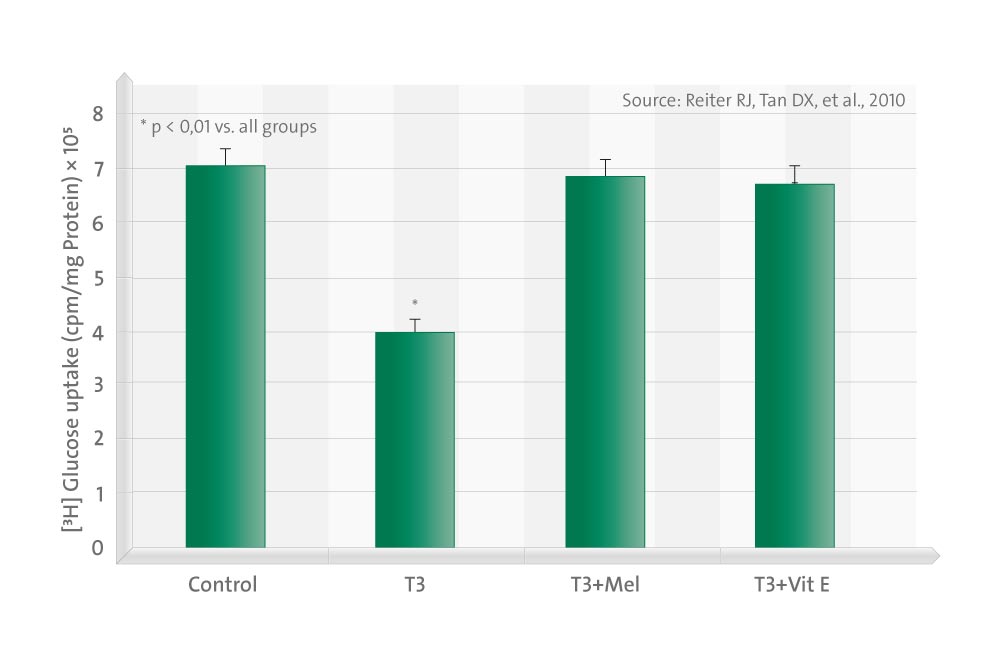The experimental data obtained from both human and rodent studies suggest that melatonin may have utility in the treatment of several cardiovascular conditions. In particular, melatonin’s use in reducing the severity of essential hypertension should be more widely considered. In rodent studies melatonin has been shown to be highly effective in limiting abnormal cardiac physiology and the loss of critical heart tissue resulting from ischemia/reperfusion injury.
Melatonin may also be useful in reducing cardiac hypertrophy in some situations and thereby limiting the frequency of heart failure. Finally, some conventional drugs currently in use have cardiotoxicity as a side-effect. Based on studies in rodents, melatonin, due to its multiple anti-oxidative actions, is highly effective in abrogating drug-mediated damage to the heart.
Taken together, the findings from human and animal studies support the consideration of melatonin as a cardioprotective agent.
